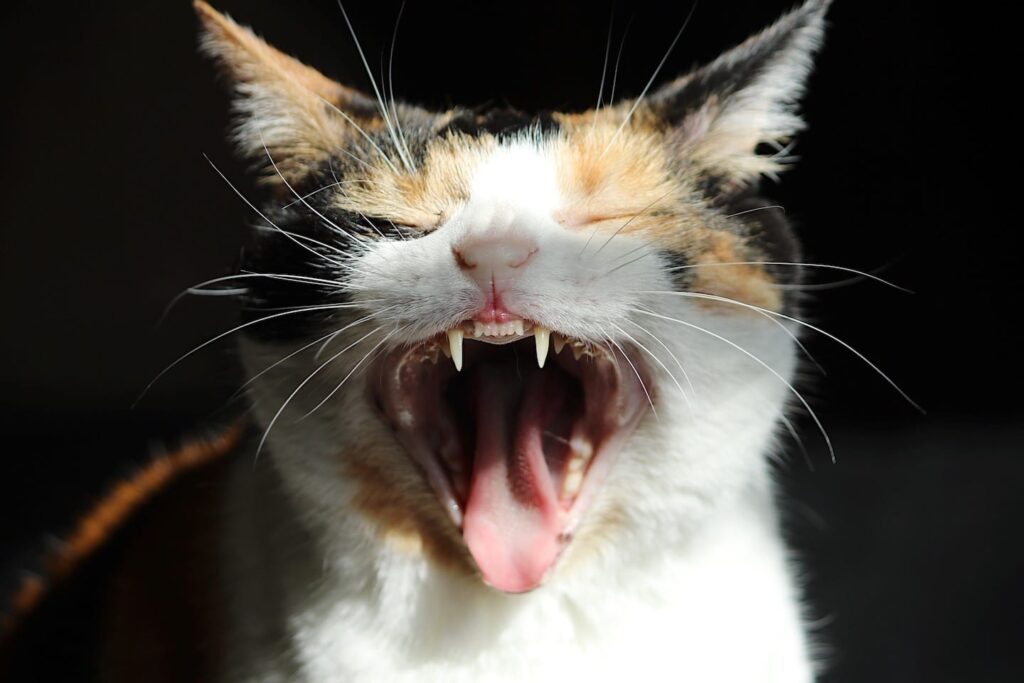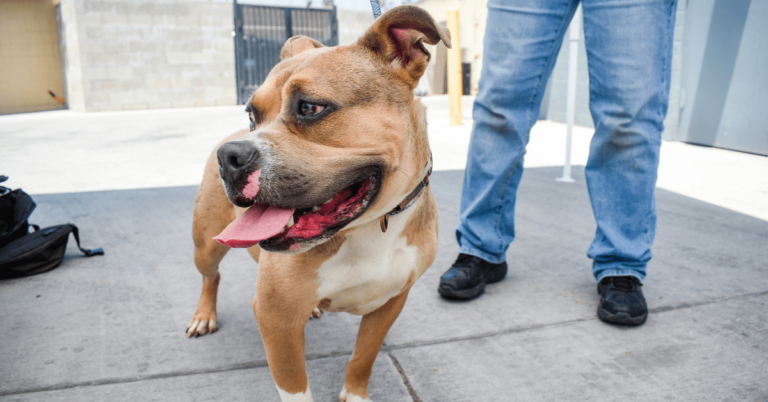Everything You Never Wanted to Know About Hairballs

If you have a cat, chances are you’ll have to deal with cat hairballs some point. What is a hairball? Exactly what it sounds like – a wet, sticky ball of hair that has been regurgitated by the cat. (Usually on a favorite item of clothing or a carpet.) A hairball is simply an accumulation of cat fur that is not able to pass through the digestive system and instead gets trapped in the cat’s stomach.
Cats create hairballs and subsequently pass them due to the fact that:
- They groom themselves excessively
- They have long hair
- They lack the ability to easily digest tufts of hair
Hairballs are unpleasant for the cat and extremely unpleasant for the person that has to clean them up. Luckily, there are many a hairball remedy that you can do to reduce the chances of your cat having one:
Brush your cat frequently, especially if it has a longer coat. Consider purchasing a de-shedding brush like the Fur-minator that will loosen the undercoat of fur and help to reduce shedding. Be careful not to use this type of brush everyday unless you like hairless cats.
Provide plenty of toys and forms of enrichment for your cat! Studies have shown that cats who are bored tend to groom themselves excessively.
If none of the above hairball remedy suggestions seem to help, consider purchasing a hairball paste that acts like a lubricant and helps your cat to pass any fur that may be trapped in the stomach. In most cases, hairballs are not dangerous. However, if you notice that your cat is constantly gagging and trying to cough up a hairball, this could be an indication of a blockage of the digestive system and you will want to get it checked out. If you also notice that your cat is having a difficult time defecating, has a rock hard stomach and is acting lethargic you will want to see your veterinarian immediately.
Some cats will exhibit signs of passing a hairball frequently and others will almost never have any symptoms. It all depends on how often you brush your cat and the frequency in which the cat grooms itself. Those two factors can directly affect whether or not your cat will have hairballs. There is no rate at which a cat should cough up another hairball. There are multiple things to consider. Ideally a cat should pass a hairball naturally at a very low frequency. If the hairballs happen on a daily basis or more frequently than usual, you should contact your veterinarian immediately.
Hairballs often come with the territory of owning a cat, but you can take steps to minimize the frequency and discomfort your cat may be feeling. Always consult a veterinarian when the presence of hairballs is excessive or appears to be painful for your cat.


